By Ali Dan Ismael: Editor in chief
Overview
Publication Info: Released December 1, 2022 by Global Justice Journal, the paperback version spans 274 pages. There’s also an e‑book edition released on January 11, 2023
Core Premise: This nonfiction narrative details ece Buckley’s pedagogical game theory methodology to empower 89 youths caught in Cameroon’s Anglophone crisis—an intense civil conflict marked by mass killings, torture, arms trafficking, and an attempted kidnapping
Content & Structure
Narrative Arc: The book chronicles 15 weekly modules of Buckley’s peace-building project, each breaking down theoretical frameworks in action—from introduction and trust-building to crisis-response during the Kumba massacre (Ch. 11)
Theoretical Depth: Emphasizes pedagogical game theory—an educational strategy merging negotiation, conflict resolution, and critical inquiry techniques. It also begins with a philosophical setup, “Debunking the Hegelian Myth,” linking to Buckley’s academic background in social pedagogy, conflict management, and anthropology
Strengths
Engaging Human Stories: The vivid portrayal of the students, teachers, and families makes the narrative deeply relatable. A reviewer notes:
“The pictures of the kids attending classes make you feel like you know them… it made me want to learn more.”
Practical Blueprint: For NGOs, educators, and peace-builders, this book offers a hands-on roadmap—detailing week-by-week strategies and initiatives (e.g., Phase II–IV campaigns, hunger strikes, a final peace summit) .
Bold Realism: Doesn’t shy away from the brutal realities—massacres, torture, trafficking—offering a gritty yet honest backdrop to the peace work.
Considerations
Dense Theory Sections: Some readers find the academic sections, especially around pedagogy and conflict theory, heavy-going. One review notes it’s “occasionally weighted in pedagogical theories”
Niche Audience: While powerful for practitioners or scholars, general readers without interest in conflict pedagogy or African politics may find it somewhat specialized.
Author Profile
Cece Buckley holds a doctorate in social pedagogy, an MBA in negotiation & conflict management, and a BA in anthropology. She founded the Global Justice Journal and has substantial experience leading anti‑trafficking and conflict‑resolution organizations
Who Should Read It?
Ideal For: Educators, peacebuilding professionals, NGO workers, and students of conflict resolution—especially those seeking practical, theory-informed methods for transforming conflict through education.
Casual Readers: May enjoy the human stories but may find the process-heavy sections less appealing.
Final Verdict
This book is a compelling fusion of lived experience, pedagogical theory, and group-based peace practice. It shines brightest when rooted in its human subjects—the courageous youth and their communities. For those seeking both academic rigor and frontline application in peace education, it offers a rare and valuable case study.
Ali Dan Ismael.













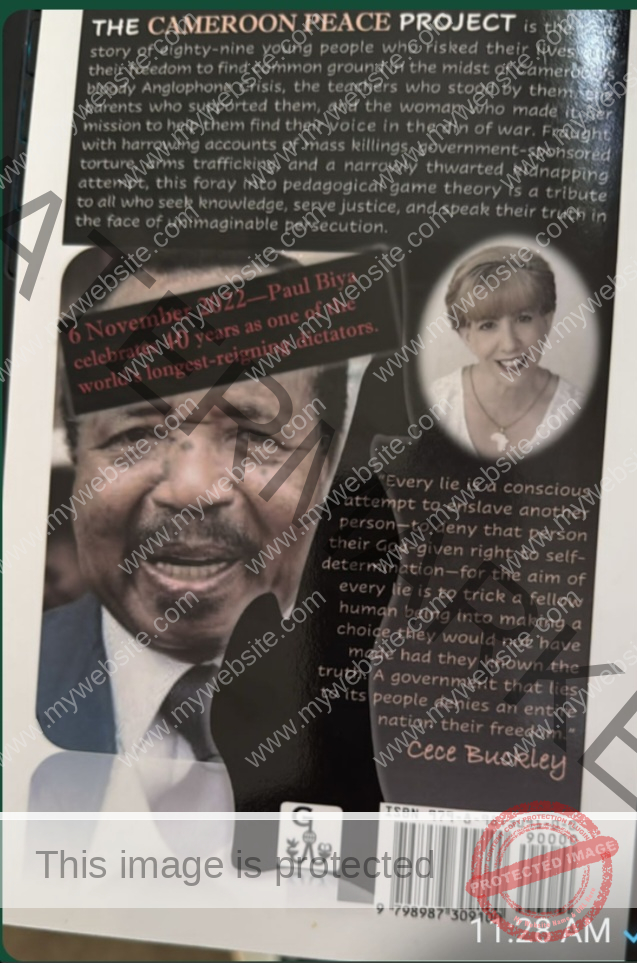
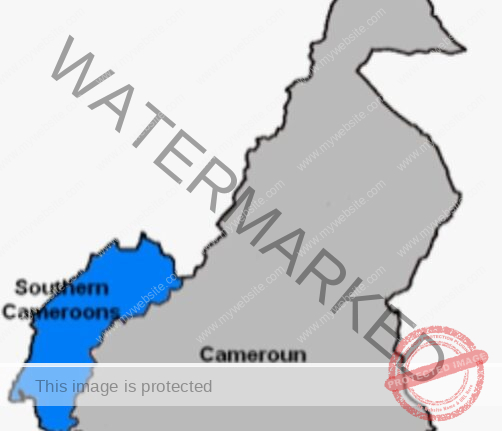


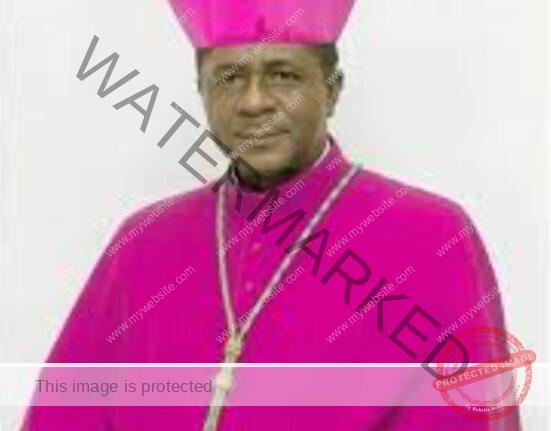
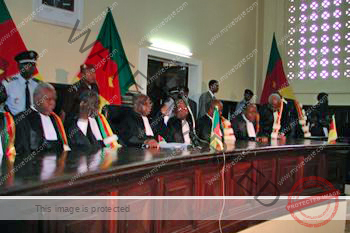
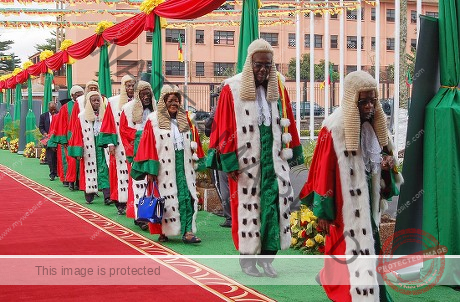

Leave feedback about this